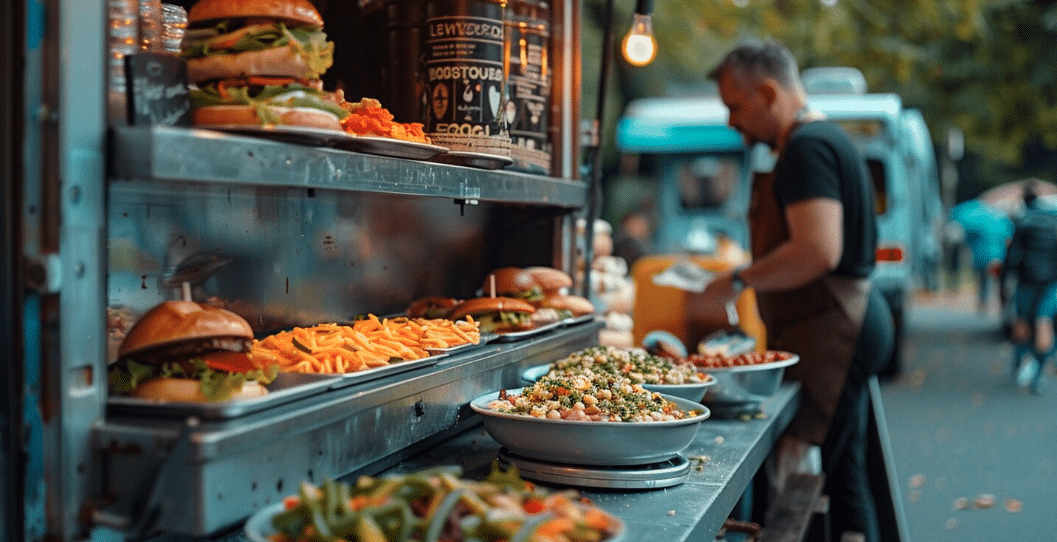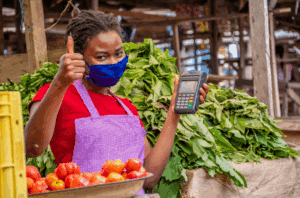
Starting a coffee shop in South Africa can be an exciting and rewarding venture. Whether you dream of running a cozy sit-down café, a bustling coffee bar, or a mobile coffee cart, careful planning, location selection, and strategy are crucial.
Know Your Coffee Crowd
Understanding your target market is essential. Are you catering to busy office workers who need quick coffee, students looking for a study spot, or coffee enthusiasts seeking specialty brews? Knowing your audience will influence your menu, marketing, and overall shop design. Conduct informal surveys or observe foot traffic in potential locations to gather insights.
Pick the Right Coffee Business Model
There are several coffee shop models in South Africa, each with unique advantages. Traditional sit-down cafés offer a welcoming environment for customers to relax, work, or socialize. Smaller kiosks or coffee bars are ideal for high-traffic areas where speed and convenience are key. Mobile coffee carts provide flexibility and a lower initial investment, allowing you to test your concept without committing to a permanent space.
Budget for Success
Opening a coffee shop involves multiple costs. Key expenses include:
- Premises: rent or purchase, plus any renovations.
- Equipment: espresso machines, grinders, brewers, refrigeration units, and display cabinets.
- Inventory: coffee beans, milk, pastries, and consumables.
- Staffing: salaries, training, and uniforms.
- Licenses and permits: business registration, health certificates, and local trading approvals.
Careful budgeting is essential to ensure smooth operations and avoid cash flow issues.
Choosing a Location
Your location can make or break your business. Consider:
- Areas with high foot traffic such as office districts, universities, and shopping centers.
- Accessibility and parking options for customers.
- Visibility from main roads or walkways to attract passersby.
Conduct a market analysis to understand competition and potential customer demand.
Paperwork and Compliance
Running a coffee shop in South Africa requires proper registration and permits:
- Business License: Register with the Companies and Intellectual Property Commission (CIPC).
- Certificate of Acceptability (COA): Ensures compliance with health and safety regulations.
- Trading Licenses and Zoning Approvals: Confirm that your chosen location is approved for commercial use.
Ensuring all paperwork is in place helps avoid fines and legal issues.
Equipment and Essentials
Reliable equipment ensures consistent coffee quality and smooth operations. Essentials include espresso machines, grinders, brewers, refrigeration units, display cabinets, and a POS system. Investing in high-quality, durable equipment minimizes maintenance costs and ensures a professional setup.
A robust POS system for coffee shops simplifies transactions, tracks sales, manages inventory, and provides detailed reports to help you make informed business decisions. Many POS systems also integrate loyalty programs and mobile ordering, enhancing the customer experience and boosting repeat business. Choosing a system that is easy to use and scalable ensures your coffee shop can grow without operational bottlenecks.
Building Your Team
Hiring and training the right staff is critical. Focus on recruiting experienced baristas or providing thorough training programs. Clearly define roles and responsibilities, and foster a positive work environment to retain talent. Staff who understand your brand and menu enhance the overall customer experience.
Menu and Customer Experience
While coffee is your main offering, additional menu items can boost revenue. Consider adding pastries, light meals, and specialty drinks. Seasonal promotions, loyalty programs, and unique offerings help attract and retain customers. Ensure your menu is manageable and aligns with your shop’s concept and staffing capacity.
Marketing Your Coffee Shop
Effective marketing can drive traffic and build a loyal customer base. Tactics to consider include:
- Social Media: Use Instagram, Facebook, and TikTok to showcase your coffee, menu items, and atmosphere.
- Collaborations: Partner with local businesses, suppliers, or influencers.
- Promotions: Implement loyalty programs, referral incentives, and seasonal offers.
- Events: Host tastings, workshops, or live music to engage the community.
- Signage and Visibility: Ensure your café is easy to find and visually appealing from outside.
Overcoming Challenges
Every coffee shop will face challenges. Common hurdles include:
- Slow Foot Traffic: Address with targeted marketing, promotions, or events.
- Cash Flow Issues: Keep detailed financial records, control overheads, and manage inventory efficiently.
- Competition: Differentiate your brand with unique offerings, superior service, or niche targeting.
- Staffing Problems: Offer competitive pay, training, and a positive work environment.
Being proactive and adaptable ensures you can navigate these challenges successfully.
Brew the Dream
Starting a coffee shop in South Africa requires passion, planning, and persistence. By understanding your audience, selecting the right business model, budgeting wisely, and providing excellent service, you can create a coffee shop that becomes a local favorite and a sustainable business. With the right approach, your dream coffee shop can thrive, delighting customers and building a strong community presence.









